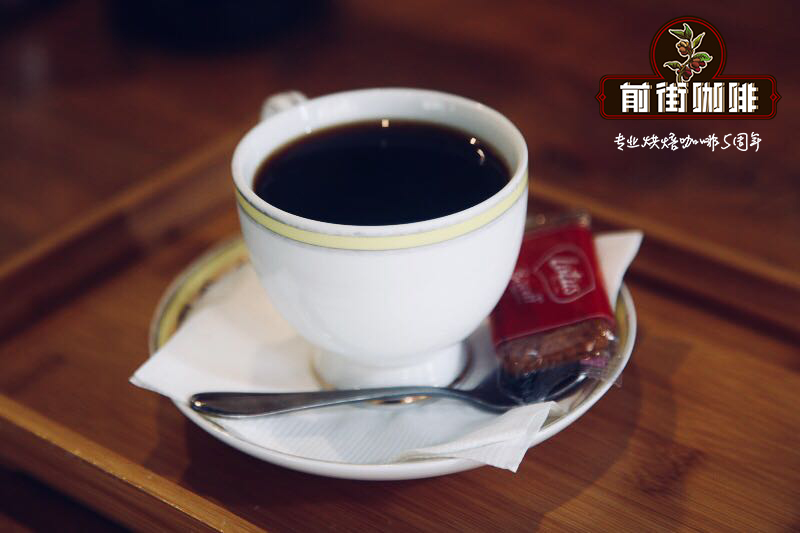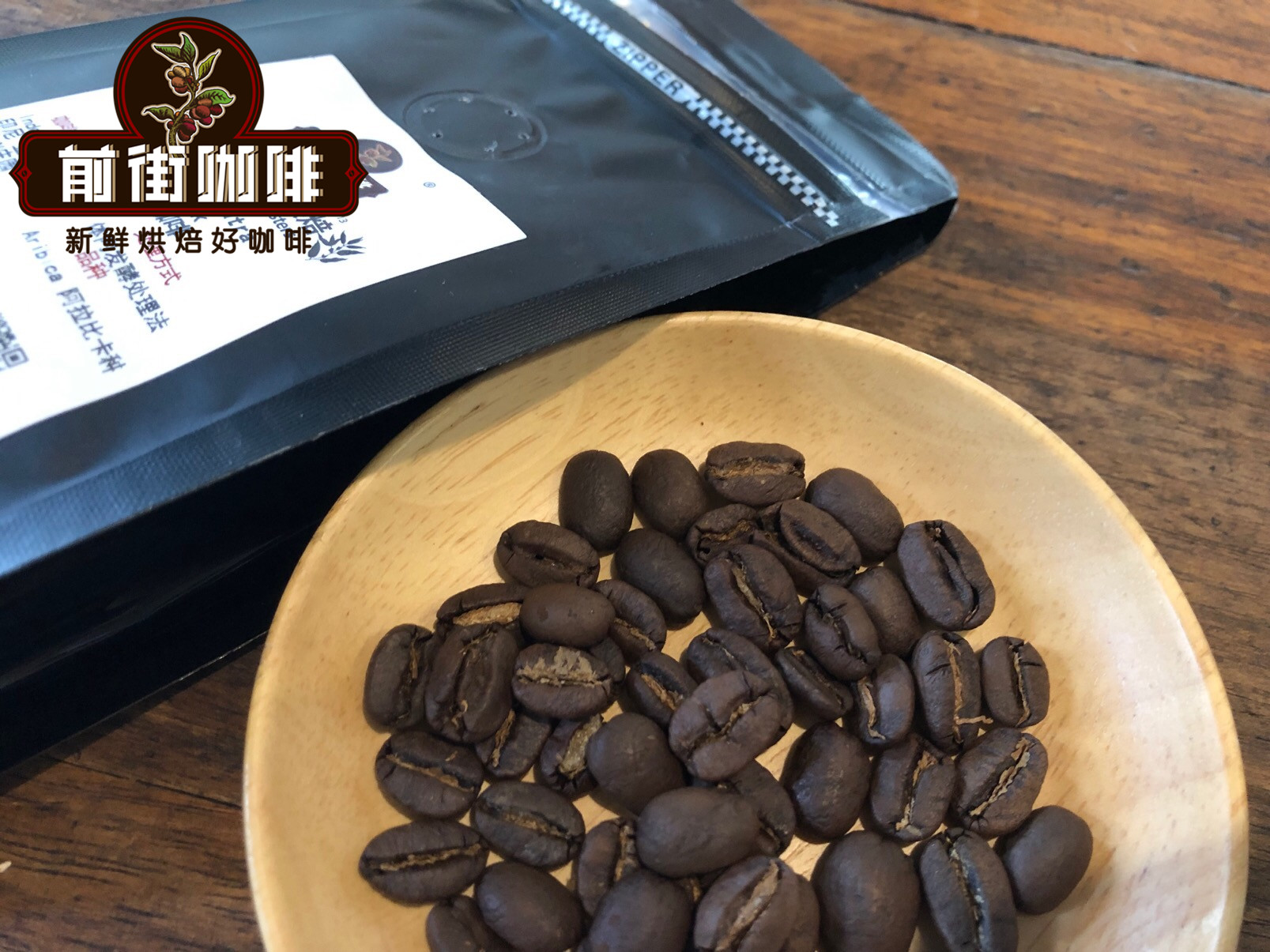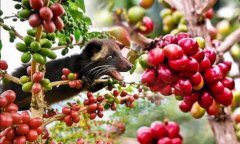How much does a cup of coffee cost?

Professional coffee knowledge exchange more coffee bean information please follow the coffee workshop (Wechat official account cafe_style)
Elephant poop coffee, known as "black ivory" coffee beans, is "naturally extracted" by Asian elephants. The coffee fruit is enzymatic in the digestive process of the elephant stomach, which breaks down the protein in the coffee beans, so the taste of this elephant poop coffee is not bitter. With aromas of milk chocolate, nuts, red berries and a few spices.
The process of producing dung-like coffee is quite cumbersome, using Arabian coffee beans hand-picked by local mountain tribal women as raw materials, and then mixing coffee beans with bananas, sugar cane and other vegetarian foods often eaten by elephants to feed elephants. This gives the coffee a unique earthy and fruity flavor. After thorough cleaning, the semi-finished coffee beans will be sent to Bangkok and finally baked into finished products.
After the elephant eats the coffee beans, the stomach acid breaks down the protein in the coffee beans during digestion. On the other hand, the bitterness of coffee mainly comes from protein, and the common bitterness of coffee disappears after decomposition. This principle is similar to that of cat dung coffee, except that the elephant's stomach is larger and more conducive to digestion and decomposition.
Coffee drinkers all know that the beans of "musk cat coffee" are eaten by Indonesian coconut civets, which are fermented in the gastric juice, destroy the proteins and then excreted, so that the coffee will be less bitter. It took 10 years for Ding Jin, a Canadian who studies coffee recipes, to extract the most expensive coffee in history from elephant droppings, costing US $60 (about NT $1808) for a cup.
Blake Dinkin, a Canadian who specializes in the formulation of coffee, went to Ethiopia, the birthplace of kopi luwak coffee, to participate in a research project when civet coffee was popular. After learning about the expertise, he hoped that one day he could use his expertise to create a more distinctive and sustainable coffee industry. At the same time, he also wanted to create agricultural well-being for some countries. So he began to move his ideas to other animals, such as giraffes, zebras, lions, and finally chose elephants.
The process of making shit coffee is quite tedious. First of all, fresh coffee beans should be collected by manual picking. Then mix the rice, bananas and coffee beans together. After feeding the elephant, these coffee beans will be "produced" after 17 hours in the elephant's stomach, mixed with stomach acid and fermented. After manual collection and cleaning. You can cook it.
.
END
For more professional coffee exchanges, please scan the code and follow Wechat: qiannjie

Please indicate the source of the reprint.
Important Notice :
前街咖啡 FrontStreet Coffee has moved to new addredd:
FrontStreet Coffee Address: 315,Donghua East Road,GuangZhou
Tel:020 38364473
- Prev

How Kopi Luwak is made of Kopi Luwak flavor characteristics story Kopi Luwak cooking tutorial
Professional coffee knowledge exchange more coffee bean information please follow the coffee workshop (Wechat official account cafe_style) Kopi Luwak, hear the name, can you Hold live? Yes, it's Kopi Luwak. If you don't feel uncomfortable in your stomach when you hear the name, you can have a try. The reporter recently tasted it in the newly opened ALM KOPI Kopi Luwak store on Weitai Road.
- Next

2019 the price of Vietnamese coffee beans plummeted. Rice and coffee export materials, Vietnam's ace products, both declined.
Professional coffee knowledge exchange more coffee bean information please follow the coffee workshop (Wechat official account cafe_style) following weak economic data from China, Japan and South Korea, there are shocking signs of weakness in Asia. Vietnam reported that exports fell 1.3 per cent year-on-year in January, far below market expectations of 5.5 per cent, while imports rose only 3.1 per cent, also far below expectations of 6.6 per cent. Global consumption
Related
- Detailed explanation of Jadeite planting Land in Panamanian Jadeite Manor introduction to the grading system of Jadeite competitive bidding, Red bid, Green bid and Rose Summer
- Story of Coffee planting in Brenka region of Costa Rica Stonehenge Manor anaerobic heavy honey treatment of flavor mouth
- What's on the barrel of Blue Mountain Coffee beans?
- Can American coffee also pull flowers? How to use hot American style to pull out a good-looking pattern?
- Can you make a cold extract with coffee beans? What is the right proportion for cold-extracted coffee formula?
- Indonesian PWN Gold Mandrine Coffee Origin Features Flavor How to Chong? Mandolin coffee is American.
- A brief introduction to the flavor characteristics of Brazilian yellow bourbon coffee beans
- What is the effect of different water quality on the flavor of cold-extracted coffee? What kind of water is best for brewing coffee?
- Why do you think of Rose Summer whenever you mention Panamanian coffee?
- Introduction to the characteristics of authentic blue mountain coffee bean producing areas? What is the CIB Coffee Authority in Jamaica?

